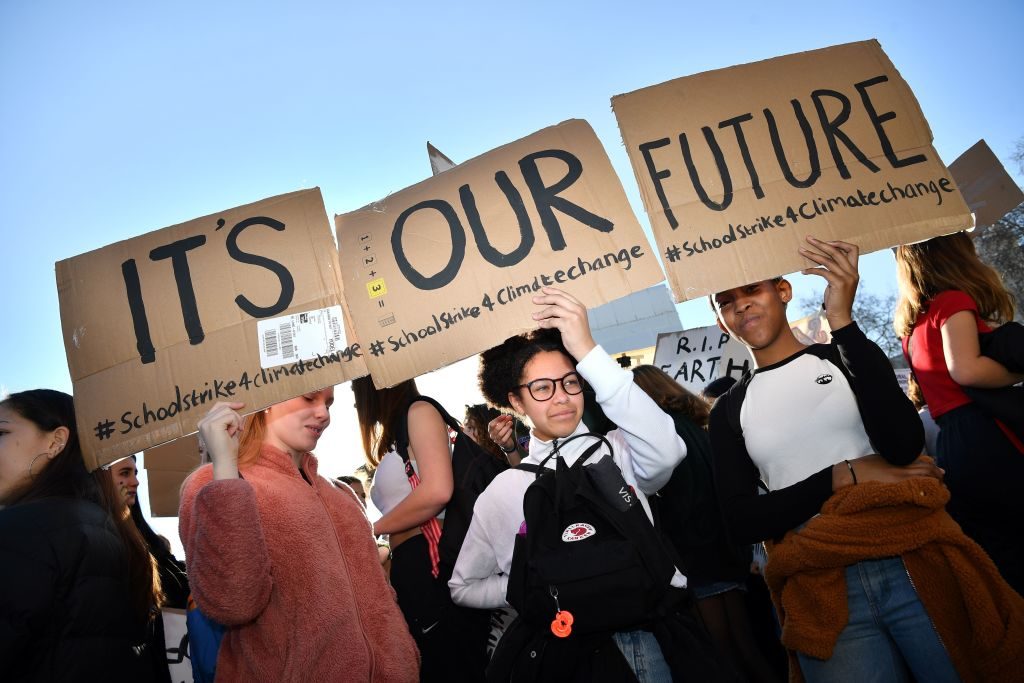On February 15th 2019 there was a protest against climate change led by hundreds of young people. The protest was organised by a group called Youth Stike 4 Climate. It took place opposite the Houses of Parliament in Central London.
“Save our planet”, chanted the crowds of young people, as they held up placards. There were several young people from all walks of life. Climate change, it seems, is a bridge between races, religions, genders and sexualities. It was refreshing to see so many young people who care about making their planet sustainable and ethical.

London was disrupted in the name of climate change, will this change the current climate we are evidently destroying?
The protests were sparked from 15-year-old Greta Thunberg who skipped class and chose in protest to sit outside government buildings accusing her country of not following the Paris Climate Agreement. There were protests across Europe in Sweden, Belgium and also across the world in Australia. Climate change has caught on and has caught the attention of the world. Parents also attended the protests in support of their children, showing the generational support from a generation who otherwise may not have understood the impact of climate change. Climate change in the past decade has come to the forefront of our attention. From the movements such as veganism highlighting the impact of climate change in the agriculture business.As well as the BP Oil spill and the use of non-renewable energy. Climate change has become something that is widely discussed.

Some may say that students should have a right to protest against something they feel passionate about, but on a “Saturday or a Sunday”? The protestors have deliberately marched on a Friday when they are aware it would disturb the centre of London to gain attention. Attention is at the very centrepiece of what is happening, attention and to show that young people care, what other means can the young use for parliament to take them seriously? Or are protests part of the illusion of democracy? It is beautiful to see young people use their political autonomy, even though they have no legal voice.
Are we raising a generation where the culture will become one of students striking whenever they feel passionate about something? Could we see the change of the voting laws which could prevent protests? It is inspiring to see young people who care about the environment protesting for the cause, but is there ever a right way to protest? This will not be the end as there is another protest planned for the 15th March.


